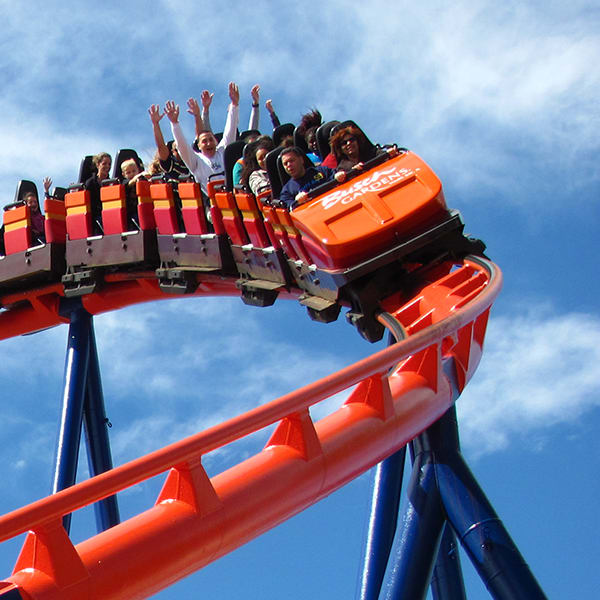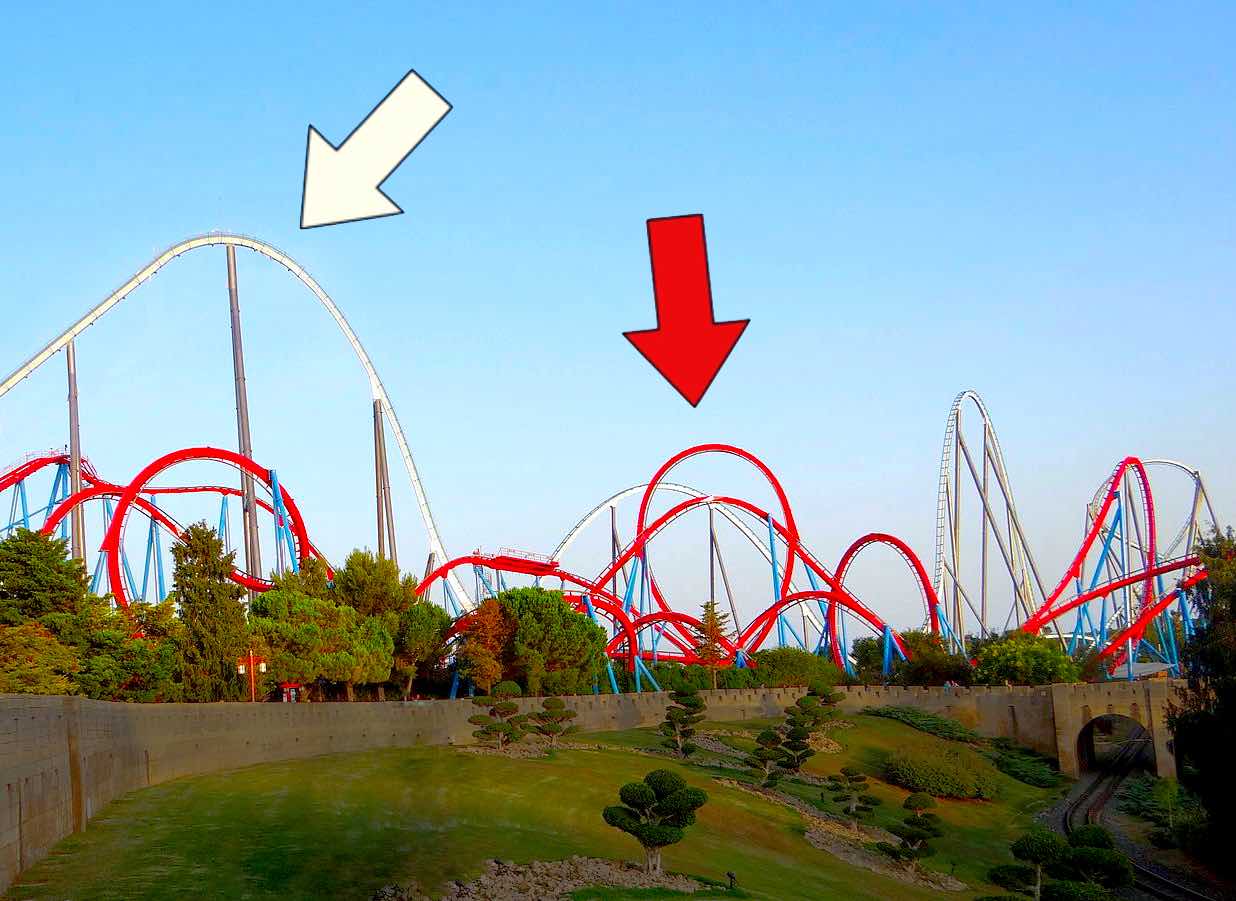Mystery Science respects the intellectual property rights of the owners of visual assets.
We make every effort to use images and videos under appropriate licenses from the owner or by
reaching out to the owner to get explicit permission. If you are the owner of a visual and
believe we are using it without permission, please
contact us—we will reply promptly and make
things right.
Lesson Image
red roller curve by
Jeremy Thompson
, used under CC BY
Exploration
rollar coaster by
Jeremy Thompson
, used under CC BY
Goliath front row by
jonyboi55
blue Car by
Arup Malakar
, used under CC BY
cheetah by
Marlene Thyssen
, used under CC BY-SA
Goliath at Six Flags by
Jeremy Thompson
, used under CC BY
rollar coaster going uphill by
Jeremy Thompson
, used under CC BY
rollar coaster wheels by
Boris23
rollar coaster motor by
Dynamics of Amusement Parks
wood rollar coaster model by
The Coaster Critic
Goliath on-ride by
aerohead4
top of Goliath by
Jeremy Thompson
, used under CC BY
man riding bicycle by
Stan Schwarz
, used under CC BY-SA
bike lane by
Elvert Barnes
, used under CC BY-SA
hills by
Eamon Curry
, used under CC BY
cycling descent video by
Collin Magnetti
fast skiing by
Gor Vardanyan
skydiving by
Hunter Lee
moon limb & troposphere by
NASA
meteor by
Ed Sweeney
, used under CC BY
Dragon Khan and Shambhala by
Sotti
Activity
penguins by
Liam Quinn
, used under CC BY-SA
pen by
JohannPoufPouf
bumper cars by
Jermey Miles
, used under CC BY-SA
bumper cars in line by
Ronald Saunders
, used under CC BY-SA
alligator by
Experience Kissimmee, Florida
, used under CC BY
marbles by
Haragayato
, used under CC BY-SA





